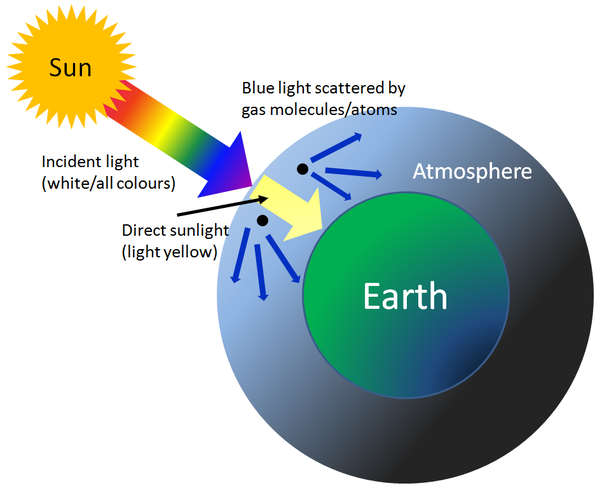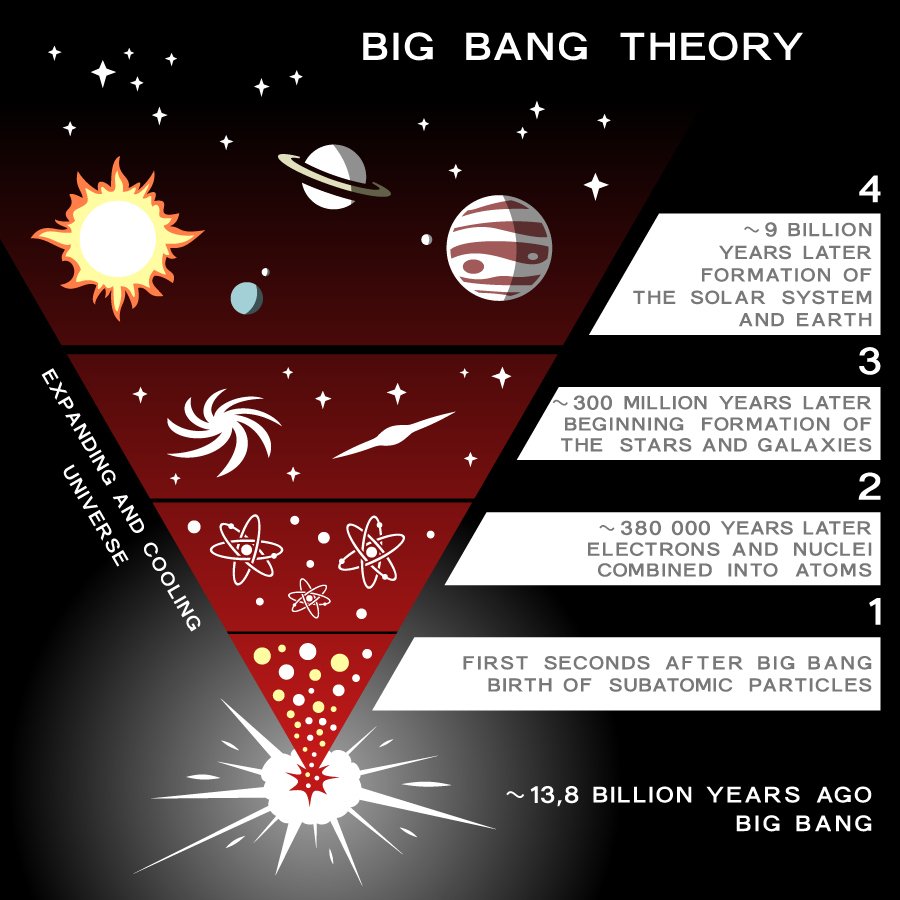For James Irwin, the American Astronaut associated with Apollo mission, the Earth appeared as a hanging Christmas tree in the deep blackness of space as his shuttle protruded farther in the Cosmos.
For anyone who gazes up at the night sky, the alluring darkness must trigger a variety of questions. One can just begin with appreciating the relationship between the Moon and the dark boundless sky, contrasting yet so fulfilling.
But soon, one question may trigger our minds into deep slumber: Why does the outer space appear so dark? Well, for the common man, even photos from the Moon suggest a dark Space. Then why Earth’s day sky is blue?
This gets conflicted with the presence of several galaxies containing stars and unborn planets out there. What about their respective light? It can be colorful like the bright sky we see on Earth during the day, at times with shapes and Auroras of all kinds.
I mean the Nature seems to be creative. And yes, it is and fills us with awe each time, we begin looking for answers to its simple phenomenon.
A graduate student of astronomy and astrophysics at the University of California, Santa Cruz (UCSC) understands our dilemma:
“You would think that since there are billions of stars in our galaxy, billions of galaxies in the universe and other objects, such as planets, that reflect light, that when we look up at the sky at night, it would be extremely bright, but instead, it’s actually really dark.”
An anomaly or the invisible Science: Studies explaining why this happens?

The Olbers’ paradox: Named after the discussions by German astronomer Heinrich Wilhelm Olbers in 1800s, but the contradiction can be traced back to 1610 investigation by Johannes Kepler.
It describes that if the universe is endless and homogeneously filled with luminous stars, then every line of sight must eventually terminate at the surface of a star, implying that the night sky should everywhere be bright.
The undetected light and beyond:
Hutchinson-Smith explains this using the theory of space-time expansion: “Because our universe is expanding faster than the speed of light as it recovers from the Big Bang, the light from distant galaxies might be stretching and turning into infrared waves, microwaves and radio waves, which are not detectable by our human eyes.”
And hence, our naked eye considers it to be dark as the light specific to Space goes undetected.
In other words, according to a graduate in the field: “Stars give off light in all colors, even colors not visible to the human eye, like ultraviolet or infrared. If we could see microwaves, all of space would glow.”
Complete Absence of matter:
Our space is an almost perfect vacuum, devoid of molecules composing the atmosphere just enough to scatter a lot of visible light’s component.
For instance Earth’s sky seems blue because of molecules including nitrogen and oxygen scattering Blue and violet wavelengths from the sunlight in all directions, reaching our eyes.

But in its absence, the light travels straight from the source to receiver without the magic of scattering. And when there’s virtually nothing coming in between stars and planets to scatter from space, no color fill our eyes.
NASA’s New Horizons mission beyond the Kuiper Belt has been able to capture the space without light interference from Earth or the sun and found something interesting: The Universe to be twice as bright as predicted earlier in Astronomy.
This fact of Universe not being dark was reiterated through a 2021 study wherein the images taken by the Spacecraft were analyzed with all possible known light component, be it from instruments or known cosmic bodies, deducted from them, yet a strong compelling background light existed.
Even the best minds in the field don’t yet know of the additional bright light that comes, yet Space is always describes pitch-black but we know that if we were gifted a different set of eyes, we would be bathing in Starlight at all times.


